The Islands of Tahiti is committed to tourism that is responsible and respectful of the environment and aims to position The Islands of Tahiti as a leading destination for inclusive and sustainable tourism. Visitors to these islands have the privilege of being in a destination that favors quality over quantity. See all the measures and strategies that have been adopted to ensure that a voyage to The Islands of Tahiti is a sustainable tourist experience.
10 tips for a sustainable vacation in The Islands of Tahiti

‘Ia ora na e maeva !
Hello, and welcome to French Polynesia. During your stay, please respect our ‘fenua’, our land, our ocean and our environment. Far from wishing to impose restrictions, our advice is aimed at helping you visit our islands while being conscious of the richness of the natural surroundings and our unique Polynesian culture.
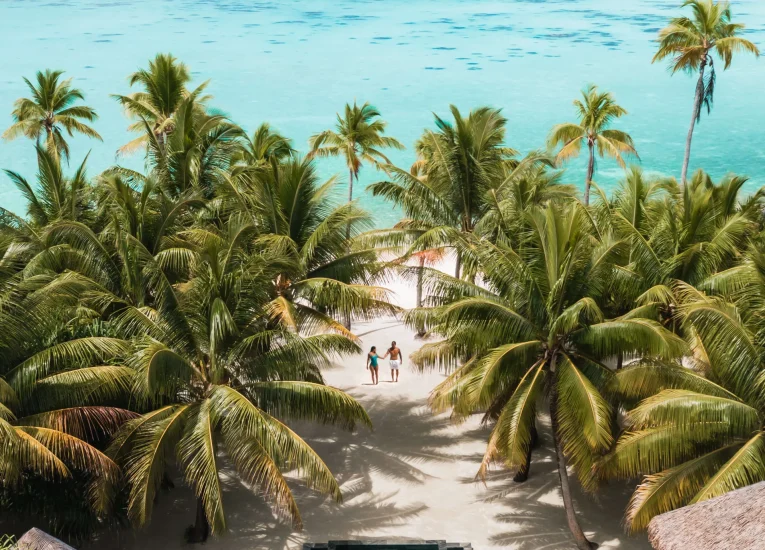
Eco-responsible hotels
Many hotels and tourist complexes in French Polynesia have adopted sustainable practices aimed at reducing their ecological impact and respecting the environment, such as: energy efficiency measures, water management and preservation, waste treatment and recycling. These professional establishments accord great importance to sustainable tourism initiatives. Discover examples of eco-friendly hotels during your visit to The Islands of Tahiti.

Sustainability and ecotourism
Initiatives aimed at promoting sustainable tourism in French Polynesia require the implication and empowerment of local communities, and are established in full cooperation with them. Visitors are encouraged to interact with the local inhabitants and learn about their traditional way of life. Accommodations in Tahitian Guesthouses and participation in community projects such as ecotours and cultural workshops, are ways of promoting sustainable tourism. Not only do they contribute directly to the local economy, but they also give visitors an insight into our Polynesian traditions and customs.
Vacation packages
Live the polynesian culture
Latest offers
By giving preference to eco-responsible travel, you are making a positive contribution to the preservation of The Islands of Tahiti. French Polynesia encourages a form of travel that is based on the respect, understanding and appreciation of local culture and traditions.
Not to be missed
Coral
French Polynesia is reputed for its remarkable marine biodiversity. Several marine protection programs exist, such as the UNESCO biosphere reserve in Fakarava and the coral garden in Bora Bora. These protected zones and the practice of sustainable fishing, support the preservation of the marine ecosystem. They also ensure that visitors can continue to enjoy the wonderful undersea world without having a negative impact on it.
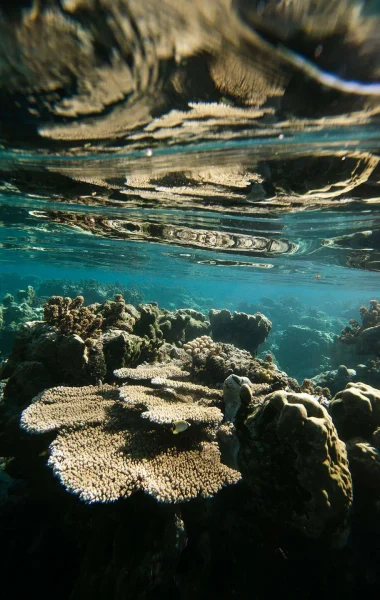
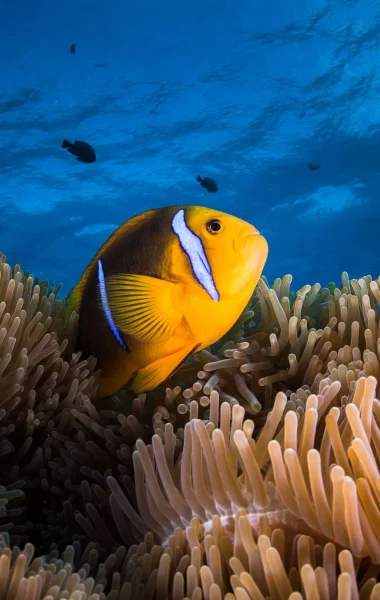
You’ll also enjoy
The Islands of Tahiti your sustainable vacation paradise
The islands of Huahine and Tetiaroa, as well as the Marquesas, Gambier and Austral Islands are all sustainable destinations, protected from mass tourism. The local communities welcome visitors and prefer them to enjoy authentic activities that respect the unspoiled nature of these islands.
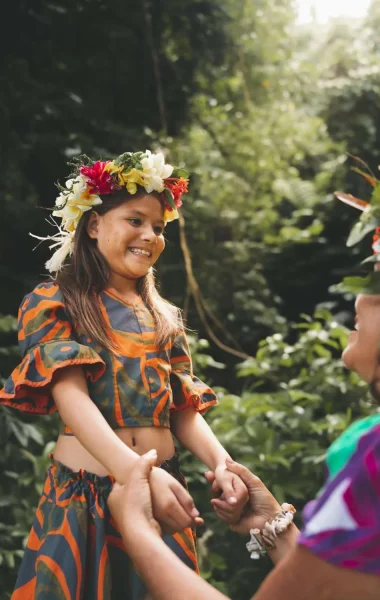
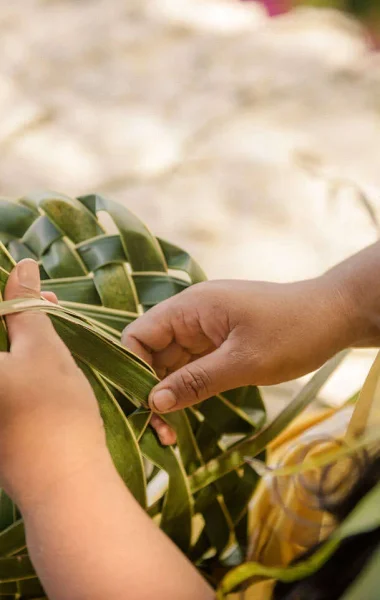
Be inspired
Experiences
An ecoresponsible voyage to The Islands of Tahiti is an immersion in our local culture. Sustainable tourism initiatives, such as lessons in traditional dancing and visits to the craft markets, allow you to support the local communities and preserve our heritage. Simple gestures like using ecofriendly suncream and not leaving litter behind you contribute to the protection of the environment.
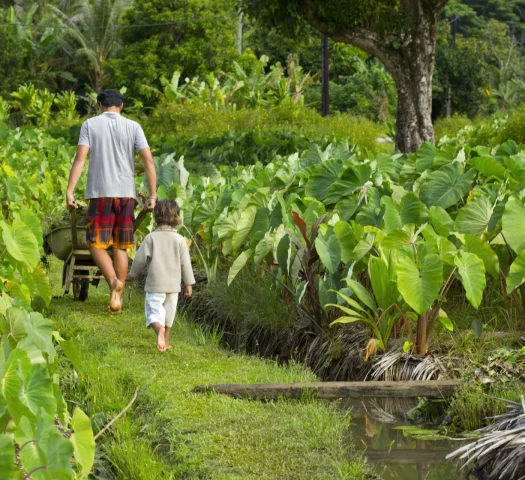
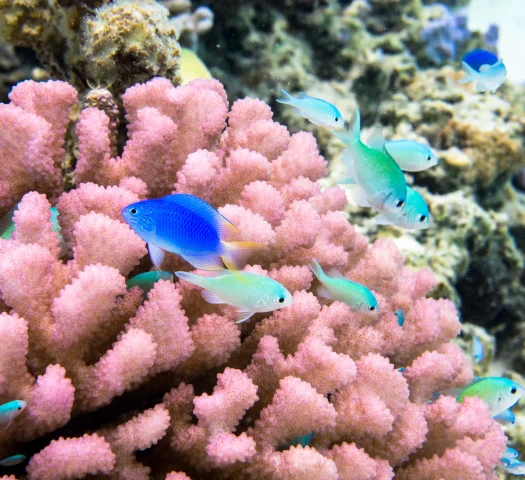
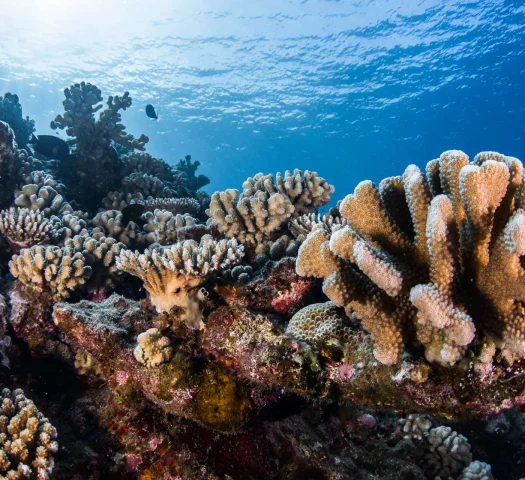







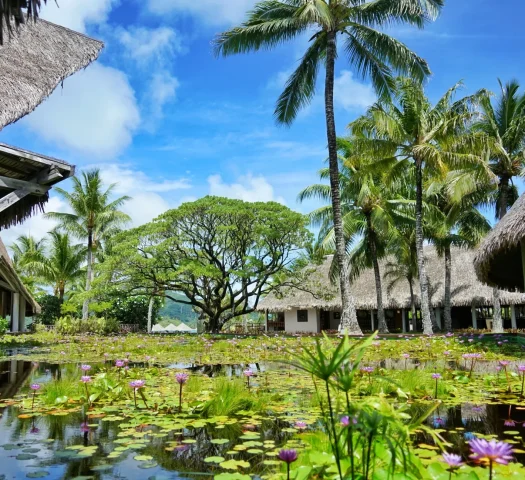
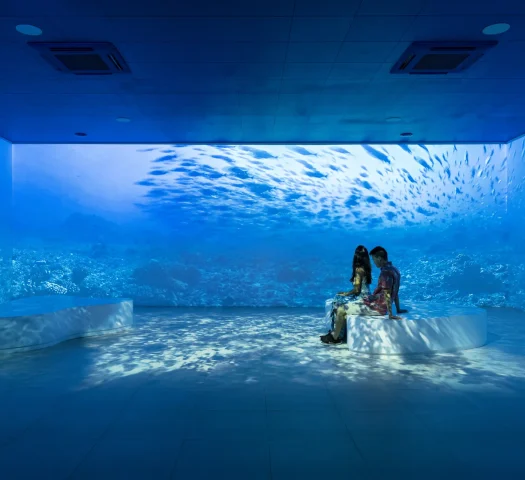
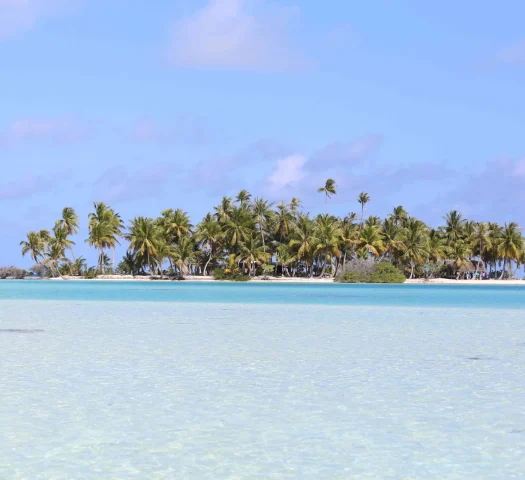
 América del Sur
América del Sur
 Australia
Australia
 Belgique
Belgique
 Brasil
Brasil
 Canada (EN)
Canada (EN)
 Canada (FR)
Canada (FR)
 Deutschland
Deutschland
 España
España
 France
France
 Italia
Italia
 Mexico
Mexico
 Polynésie française
Polynésie française
 New Zealand
New Zealand
 Schweizerisch (DE)
Schweizerisch (DE)
 Suisse (FR)
Suisse (FR)
 United Kingdom
United Kingdom
 United States
United States
 한국
한국
 中国
中国
 日本
日本